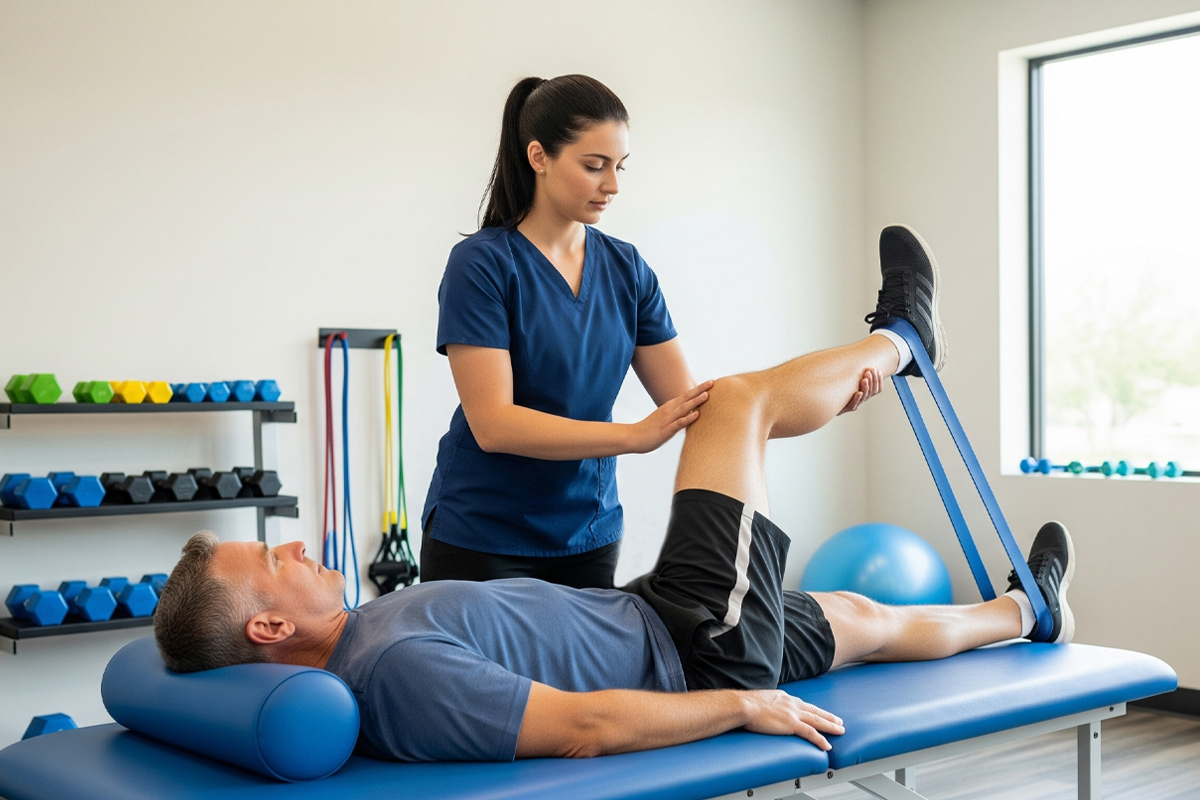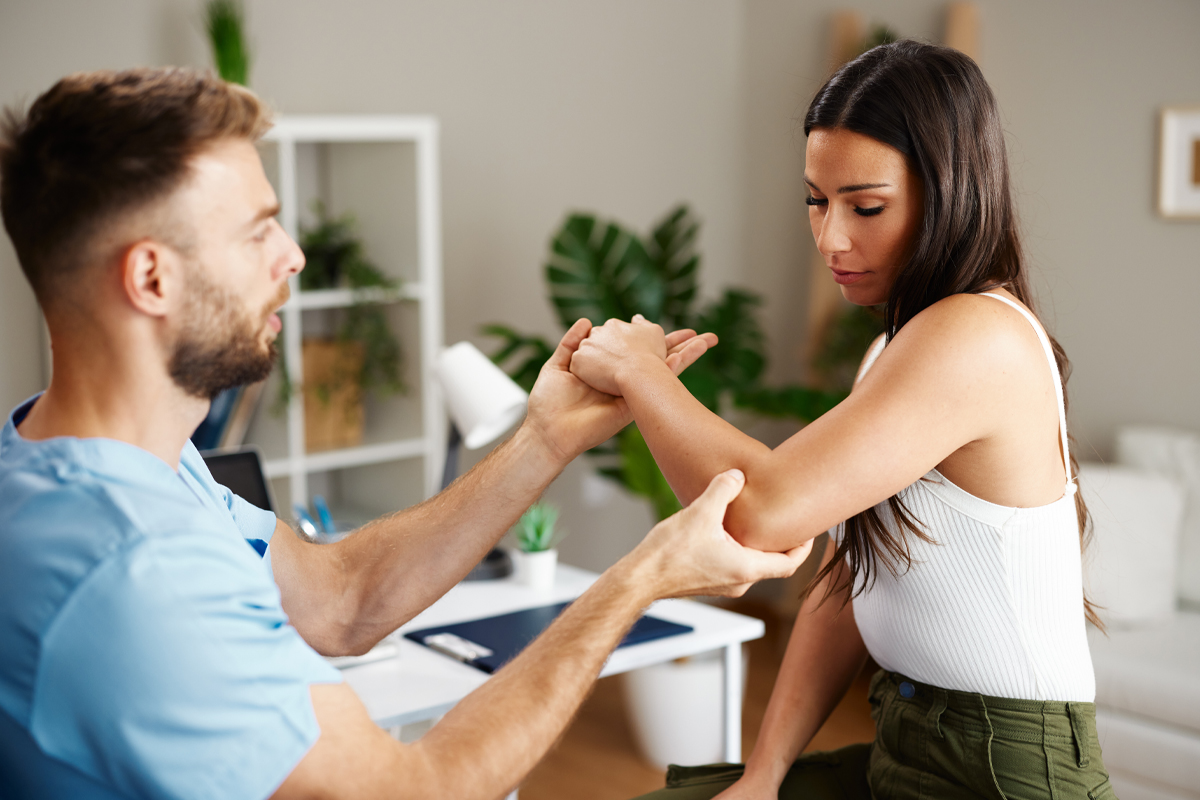Here are a some important tips on how to avoid pain related to holiday shopping and baking.
To most of us the holiday season is all about tradition, fun, and family, but if we’re not careful, the holidays can also be a pain in the neck—literally—says the American Physical Therapy Association (APTA). Typical holiday activities, such as shopping “till you drop,” lifting heavy boxes and presents, and countless hours of cooking and baking, can cause muscles to work harder than usual, many times resulting in neck, shoulder, and back pain.
This holiday season APTA recommends taking precautions—from distributing the weight of shopping bags equally on both sides of your body to lifting boxes carefully—in order to keeps aches and injuries at bay.
“The added demands of the holidays stresses the body, which may increase the risk of injuries related to the extra activities,” says APTA spokesperson and physical therapist E. Anne Reicherter, PT, DPT, PhD. “Using proper body mechanics can help prevent muscle and joint discomfort this holiday season.”
Lifting
- Test an object’s weight before attempting to lift heavy packages or luggage. Try pushing it with your foot. If it seems too heavy then take smaller loads, which are less likely to strain your back and are easier on arm and shoulder muscles.
- Keep the load close to your body when lifting.
- Ask for help or use an assistive device to lift heavy objects.
- Seek help from a physical therapist if your back pain lasts more than a few days or gets worse.
Shopping Without Dropping
- Distribute the weight of shopping bags equally on both sides of your body.
- Consider carrying a small backpack rather than a heavy purse.
- Wear comfortable shoes; carrying packages while wearing high heels on hard surfaces can contribute to foot and ankle injuries.
- Don’t carry overstuffed shopping bags for extended periods.
- Consider using a shopping cart or getting help to carry packages to your car.
- Make frequent trips to the car to drop off purchases.
- Avoid prime shopping times to decrease wait times that can increase or exceed standing/walking time tolerances.
- Plan your shopping trip ahead of time. Having a set list of gifts you intend to buy will help you plan for extra help, if needed, to carry purchases.
Baking
- Choose a work surface that is approximately at the level of your forearms when your elbows are bent at a right angle (90 degrees) or at elbow height. Shoulders and upper back will be in better position and this will decrease the risk of upper back, neck, and shoulder strain.
- Work on a padded surface. If you have tile, vinyl, or wood flooring, for cushioning consider purchasing an inexpensive area rug that has grippers on the back to keep the rug from moving and you from slipping or tripping. Standing long periods on a hard surface can lead to muscle fatigue and back ache.
- Use good lifting mechanics when retrieving small kitchen appliances from lower shelves or drawers. Kneel down if necessary and keep the object close to your body.
- Be careful when bending to take items in and out of a conventional floor-model stove.
- Frequently perform gentle movement exercises to keep the muscles in your neck and shoulders loose.
Tip courtesy of www.apta.org
We are always available if you have any questions or need assistance. Call us at 201-941-2240 or visit us atwww.scerbopt.com. You can also follow us on Facebook and Twitter.


